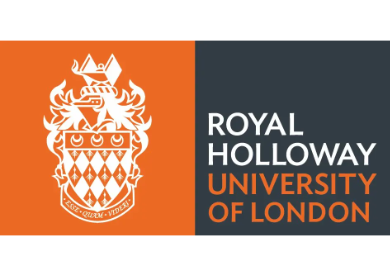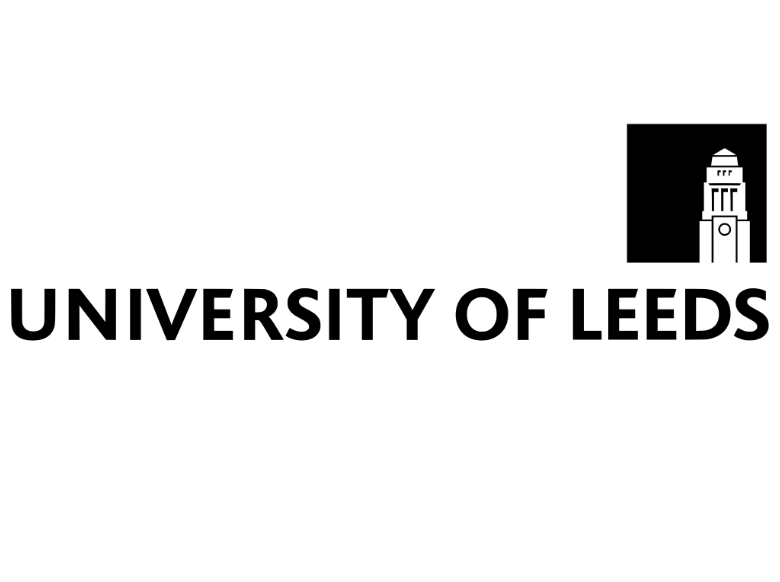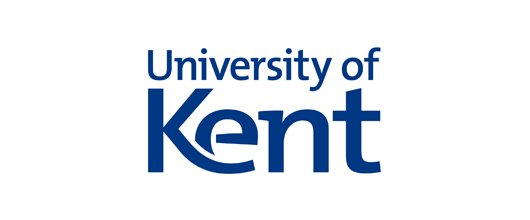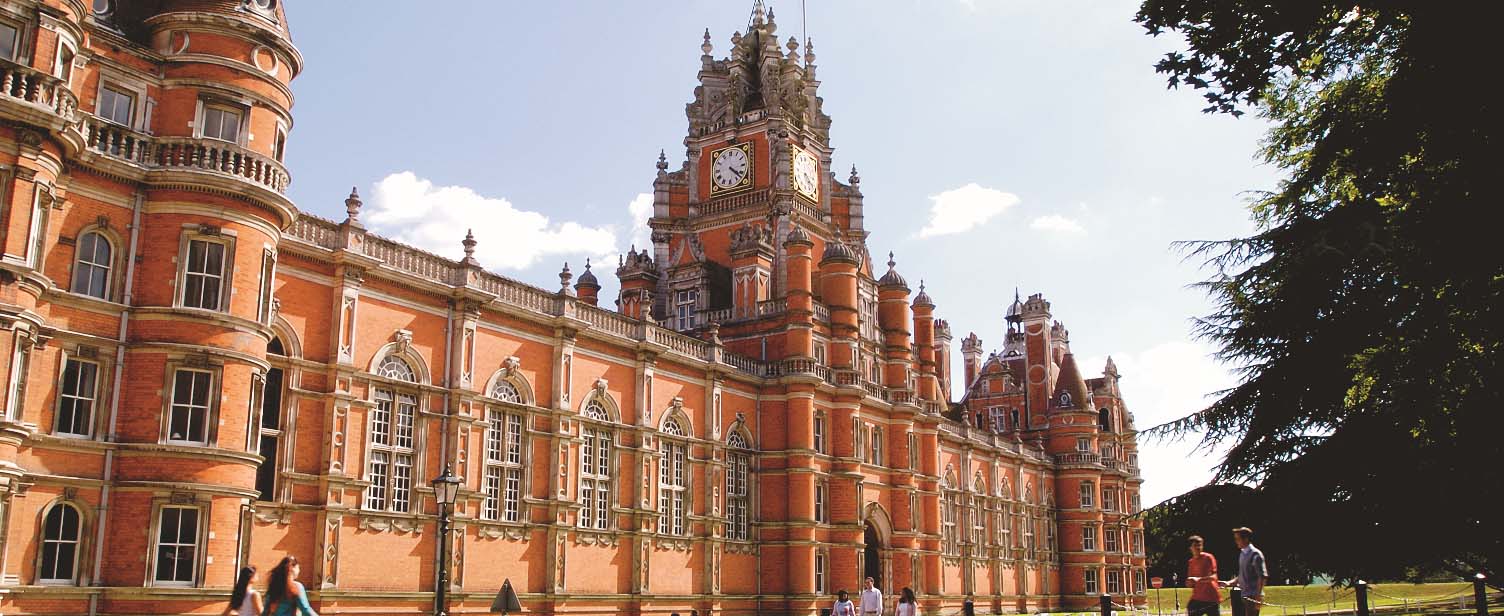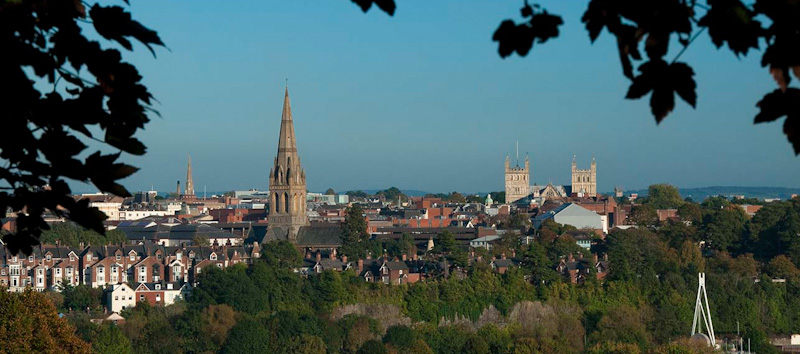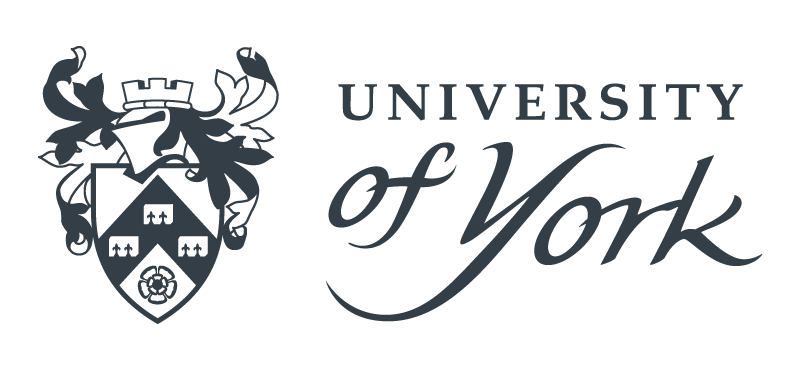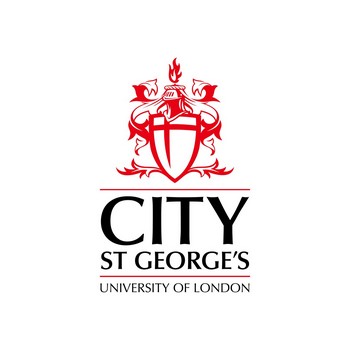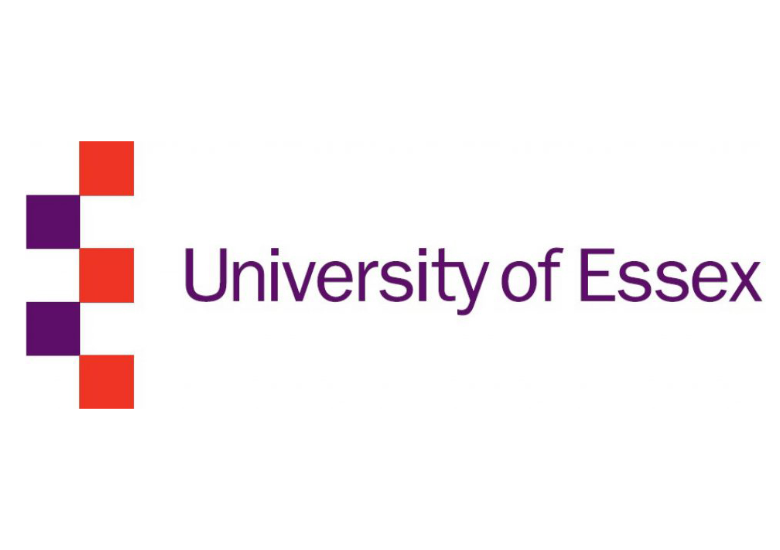What You Need to Know About the Accreditation Process in Canada
Written by Katie - 06/09/2023
- Foundations of Canadian law
- Canadian Constitutional law
- Canadian Administrative law
- Canadian Professional Responsibility
- Canadian Criminal law
If you are assigned 7 exams, the remaining two exams can consist of a range of exams including, but not limited to:
| Ø Contracts Ø Property Torts Ø Business Organizations Ø Evidence Ø Tax Law | Ø Commercial Law Ø Civil Procedure Ø Family Law Ø Remedies Ø Trusts |
Details of these exams can be found in the NCA Policies and Guidelines, section 1.3.2.2.2. Final Suggestions It is important to note that this process is not always straightforward, with many bumps along the way. but the important thing to remember is that you are not alone in this process. Would you like some extra advice on studying Law in the UK? Why not contact one of our Personal Advisors, who are here for your support and guidance.
